They say you’ve gotta break a couple eggs to make an omelet, but with egg prices at the lowest they’ve been in about 10 years, you can probably afford it if a few extra end up on the floor. [More]
eggs
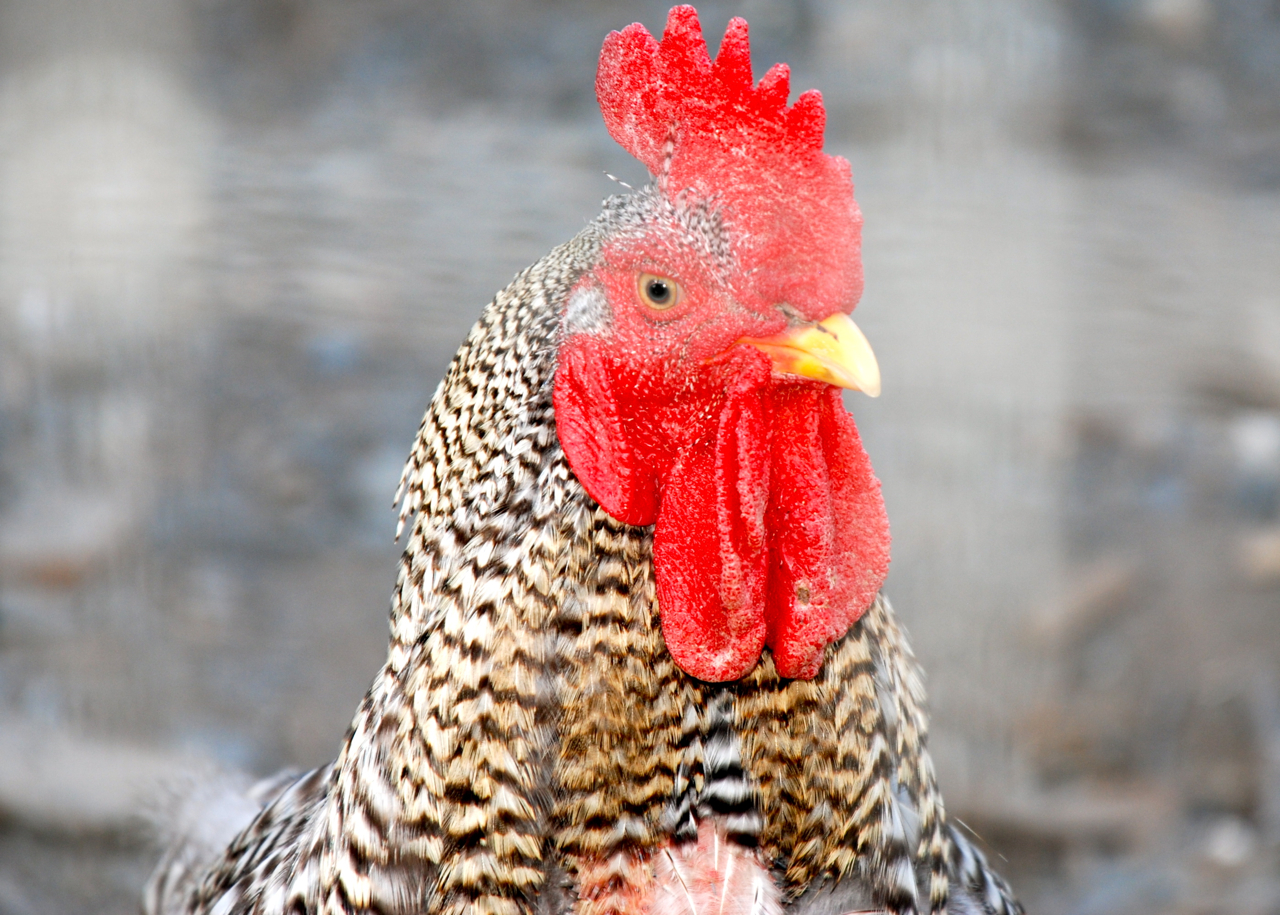
Chicken May Get More Expensive Because Birds Are Too Old And Fat To Breed
Years of very precise breeding means that modern poultry grow to massive sizes very quickly — sometimes in a matter of weeks. While this results in more meat in less time, it’s also causing a problem: Some birds are so top-heavy that they may not be all that interested in breeding, and there’s now an older breeding population of roosters and hens that are less likely to produce viable eggs. [More]

Kroger Slashing Prices On Milk, Eggs To Keep Up In Heated Grocery War
With foreign newcomers like Lidl and Aldi landing on our shores, and online services like Amazon creeping onto an already crowded grocery battlefield, traditional grocers are willing to do whatever they can to keep customers coming back. At Kroger, that means slashing prices on popular staples like milk and eggs, in an effort to signal to customers that their stores have the best deals on the everyday items they need. [More]
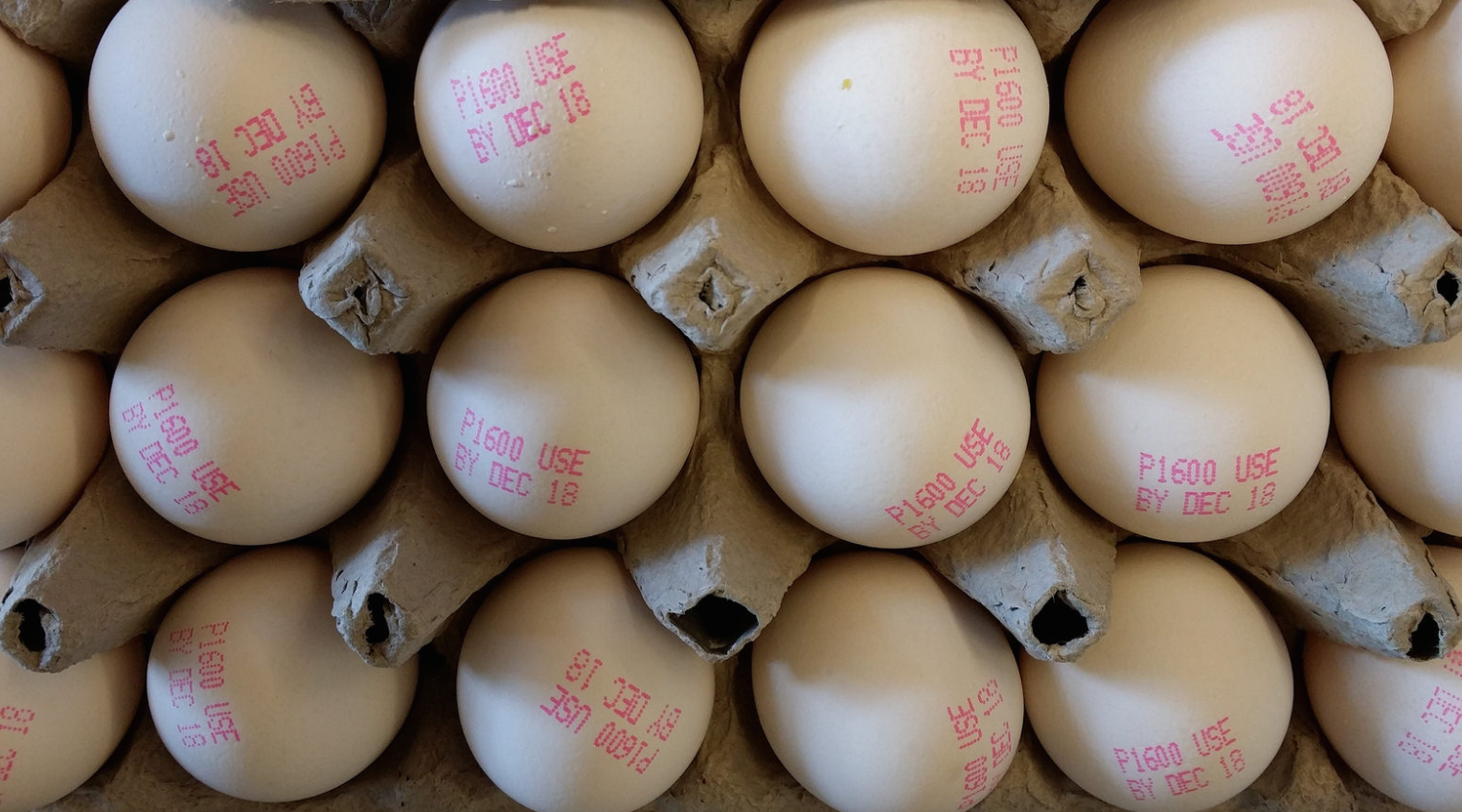
USDA Asks Meat, Dairy Companies To Replace Confusing Expiration & Sell-By Labels With “Best If Used By” Date
Though almost every food item you buy at the supermarket has some sort of expiration date — under the headers of “Sell By,” “Use By,” “Use Before,” “Best Before,” among others — printed on the packaging, the truth is date labels are largely voluntary and determined by the food producers. If handled properly, most foods are perfectly safe to eat after whatever date is on the label, but stores and consumers throw away an inordinate amount of food every year simply because that date has passed. In an effort to reduce food waste, the federal government is hoping to encourage meat and dairy producers to all use the same phrase: “Best If Used By.” [More]
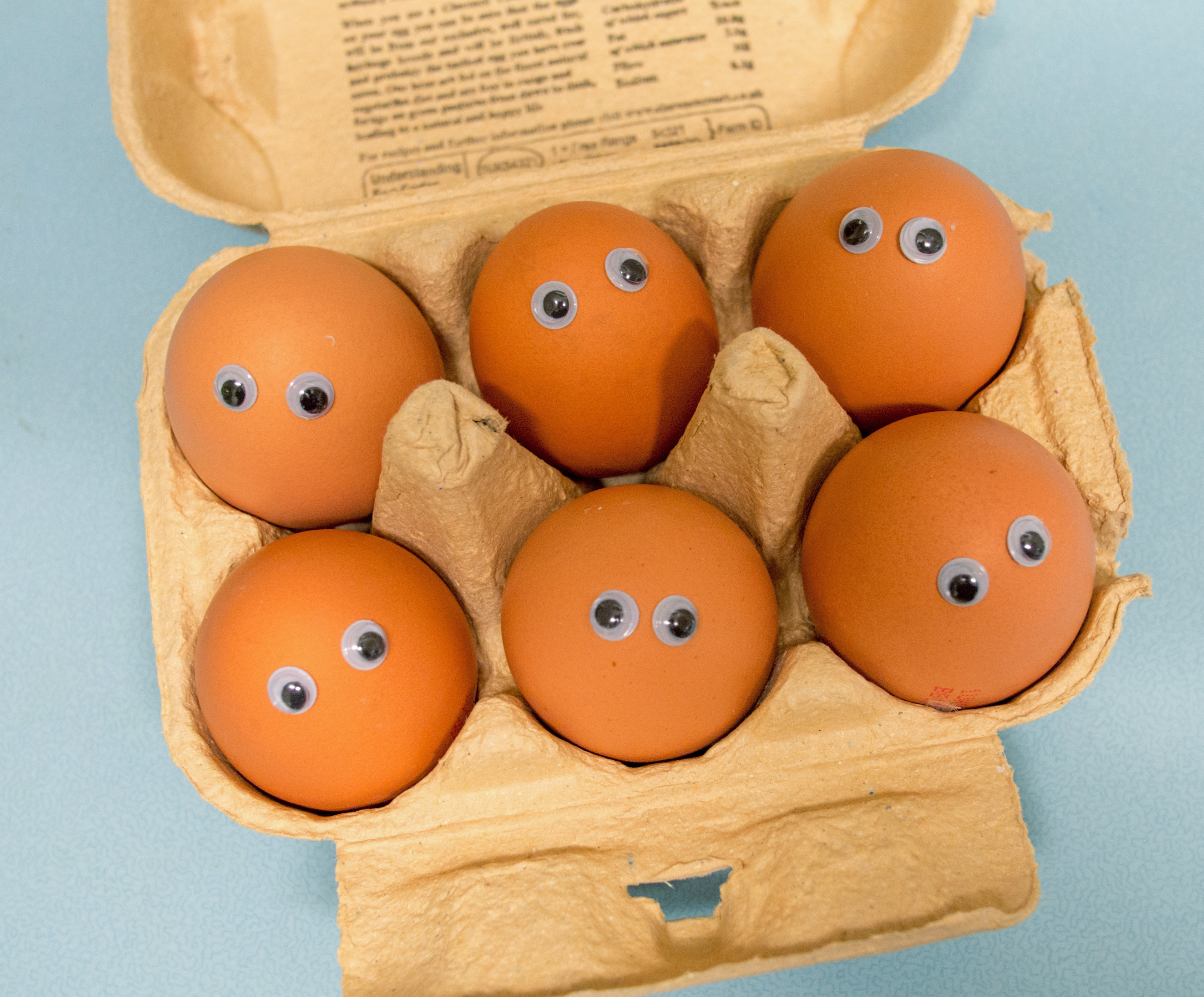
USDA: Egg Board Waged Inappropriate War On Vegan Mayo
Agriculture checkoff programs collect money from farmers and ranchers to promote their products in general: they use ads and recipes to encourage members of the public to eat more of a given product. Notable programs exist for milk, eggs, avocados, pork, and beef. What they are not supposed to do is secretly plot against competing products with other ingredients. [More]

Good Earth Egg Products Recalled After Spate Of Salmonella Illnesses
Missouri-based Good Earth Egg Company has issued a recall for a variety of egg products that health officials have connected to an outbreak of salmonella in three states.
[More]

Egg Prices Fall After Avian Flu Recovery, Demand Still Stays Low
Last year, an epidemic of bird flu killed millions of chickens and turkeys, affecting the supply of bird-based meats and of chicken eggs. Experts thought that the shortage and high egg prices might continue, but they were wrong: farmers were able to breed and raise new generations of female chicks, ready to take the place of their fallen colleagues. [More]
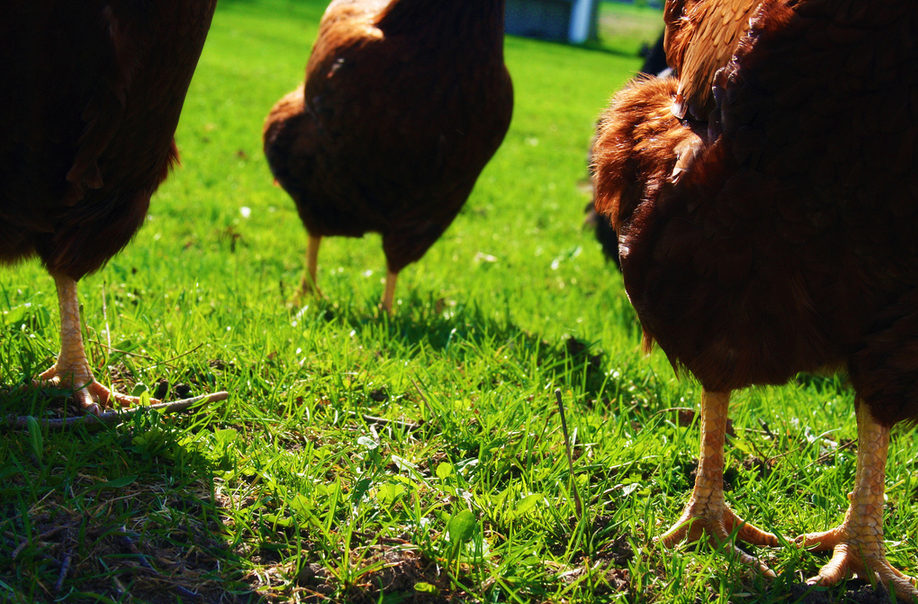
Parent Company Of Winn-Dixie, BI-LO, Harvey’s Going 100% Cage-Free By 2025
The cage-free egg bandwagon just got a bit heavier with the addition of three more grocery chains. Southeastern Grocers, parent company of the Winn-Dixie, BI-LO, and Harvey’s chains, says it’s going to switch to only sourcing eggs from cage-free hens for the company’s private label by 2017, and company-wide by 2025. [More]

Walmart Will Switch To All Cage-Free Eggs By 2025
With competitors like Target and the Kroger and Albertsons families of supermarkets pledging to sell only cage-free eggs, Walmart apparently didn’t want to be left behind. The mega-retailer announced today that by 2025, all of the eggs it sells in Walmart and Sam’s Club stores will come from hens that were not raised in individual cages. [More]
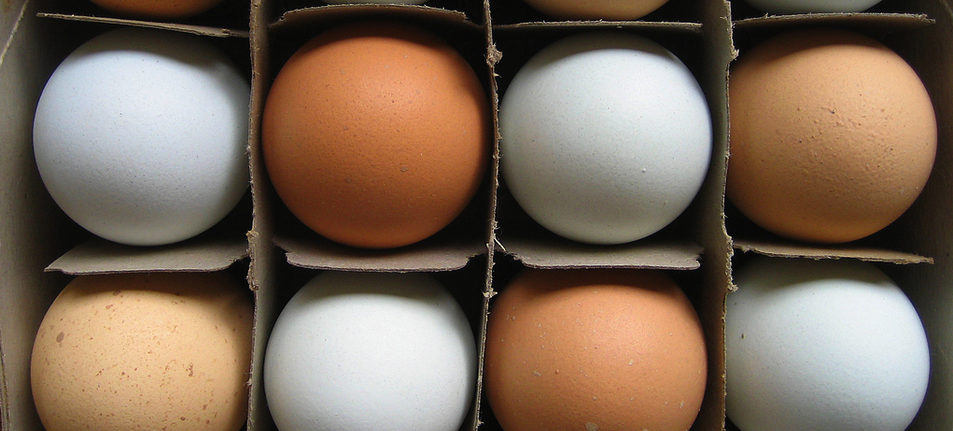
Supervalu, PepsiCo Pledge To Sell & Use Only Cage-Free Eggs
Two more national companies are jumping on the increasingly crowded cage-free egg bandwagon. PepsiCo and Supervalu — the operator of brands like Cub Foods, Farm Fresh, Hornbacher’s, Shop ’n Save, and more — both plan to transition to using or selling only cage-free eggs over the next several years. [More]

Cage-Free Eggs Are More Profitable For Retailers Than Conventional Eggs
As food retailers and restaurants announce to the public that they plan to switch to all cage-free eggs on their shelves and in their products, here’s something to keep in mind: the retailers, at least, are going to make more money after the change is fully phased in. That’s because cage-free eggs only cost only fifteen cents per dozen more to produce, but retailers can charge double for them. [More]
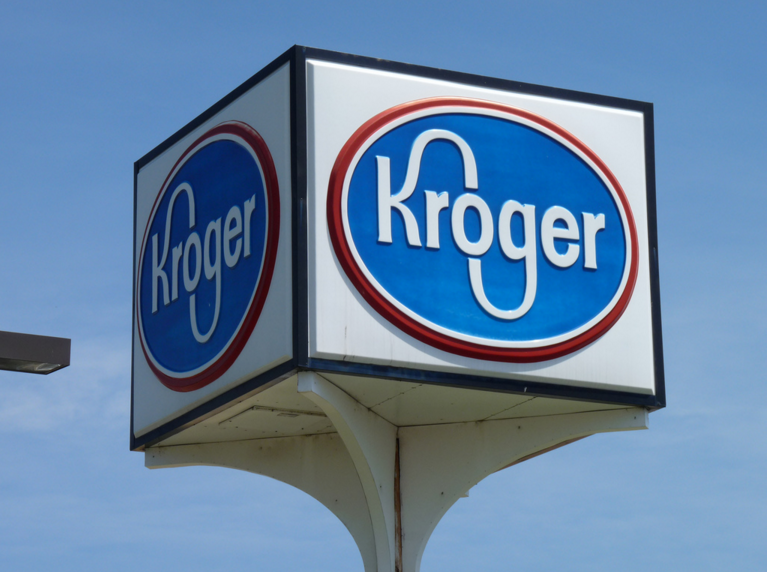
Another Day, Another Company Switching To Cage-Free Eggs: This Time, It’s Kroger
Hot on the heels of Albertsons Companies’ announcement that it will only source eggs from cage-free hens in all its various grocery store brands by 2025, including Albertsons and Safeway, Kroger, the largest supermarket chain in the country, says it’s doing the same thing, in the same timeframe. [More]
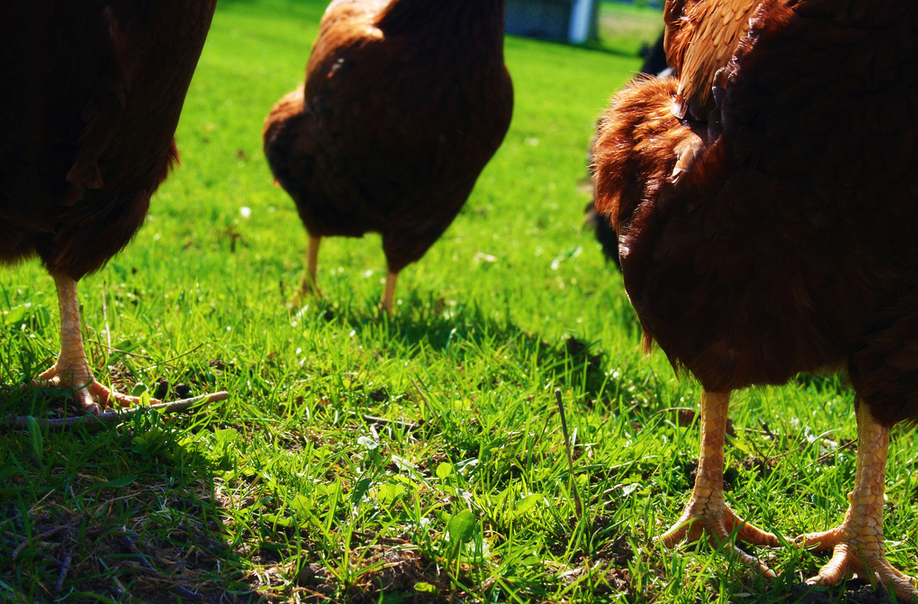
Parent Company Of Albertsons, Safeway, Other Grocery Stores Pledges To Source Only Cage-Free Eggs By 2025
The cage-free eggs bandwagon has been rolling around the U.S. for some time now, and it shows no signs of stopping yet. Today, the parent company of Albertsons, Safeway, and other grocery chains announced that it will be working with suppliers to achieve a goal of sourcing only eggs from cage-free hens by 2025. [More]
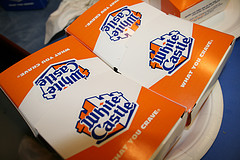
White Castle Takes A Spot On The Cage-Free Eggs Bandwagon, Promises To Make The Switch By 2025
The cage-free eggs bandwagon is so crowded right about now, we might as well call it a “bandsemitruck.” Joining its restaurant pals and other food companies in promising to use only eggs from hens that aren’t caged is White Castle, which says it’ll make the transition by 2025. [More]
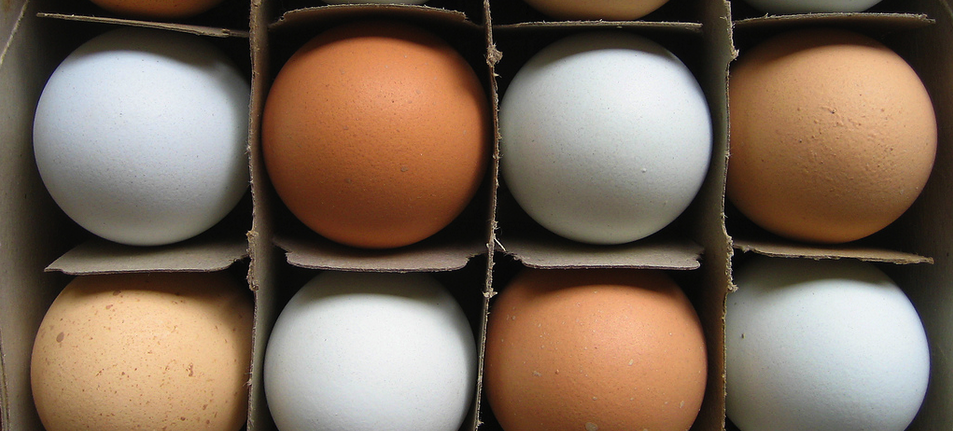
Target Will Sell Only Eggs From Cage-Free Hens By 2025
Another day, another major company coming out to promise it’ll be switching to selling 100% cage-free eggs. Today’s newcomer to the bandwagon is Target, which has announced it’ll be making the change to only selling eggs from uncaged hens by 2025. [More]
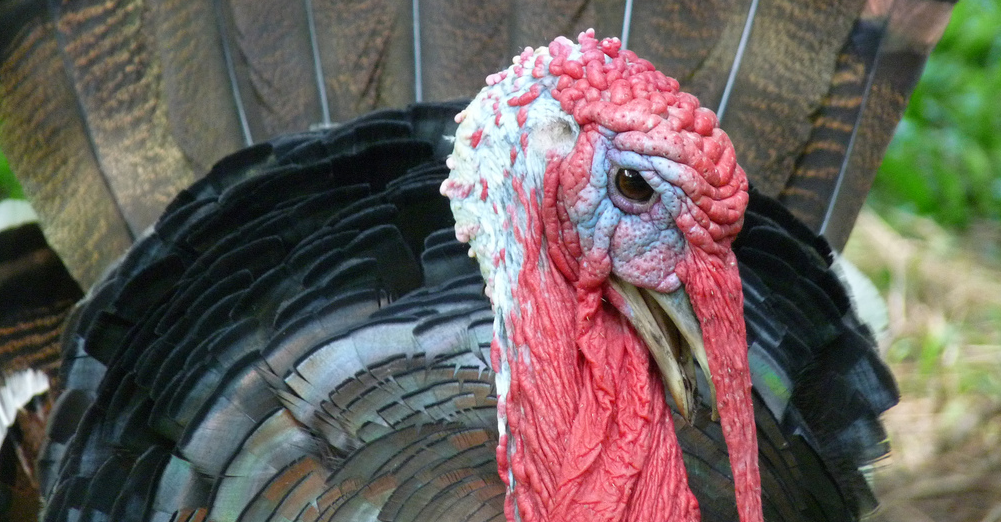
USDA Reports First New Case Of Bird Flu Since June At Commercial Turkey Farm In Indiana
As U.S. poultry farmers continue to get their flocks back to normal levels and consumers are finally seeing prices dropping after the widespread avian flu outbreak that hit the industry last year, officials with the Department of Agriculture say they’ve found the first case of bird flu since last June. [More]

Subway Promises To Use Only Cage-Free Eggs In North American Restaurants By 2025
The cage-free bandwagon is getting so loaded, it might as well be a bandtrain at this point: joining fellow restaurants like Dunkin’ Donuts, McDonald’s, Taco Bell, and Panera Bread in pledging to use only cage-free eggs will be Subway, which says it will complete the change by 2025. [More]

Nestlé Pledges To Use Only Cage-Free Eggs By 2020
The list of major food companies and restaurants pledging to only use cage-free eggs in the future grew by one today: Nestlé announced a new goal of only using cage-free eggs in its wide array of products by 2020. [More]

